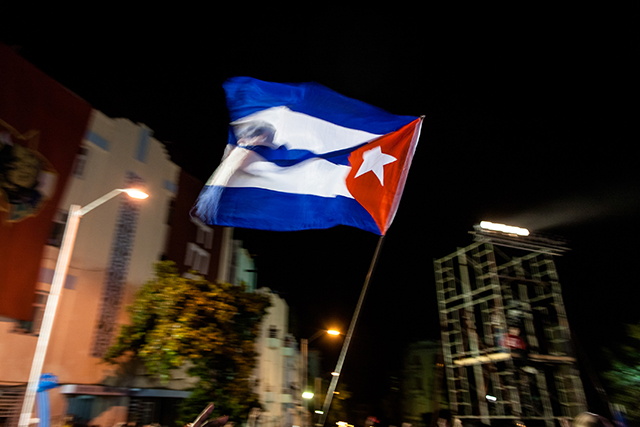According to an AP story released yesterday, the U.S. Agency for International Development (USAID) is under fire for not being sensitive enough to the Cuban government.
But that’s not USAID’s job. Nonetheless, USAID is being slammed for providing Cubans with an uncensored social media platform.
USAID’s “ZunZuneo” program had been operational for about two years, and provided Cubans with an uncensored social media platform. It is common practice for USAID to leverage technology to support free access to information in closed societies.
This is not the first time the AP has sensationalized similar “freedom of speech” initiatives in Cuba. For example, the AP has long painted Alan Gross, U.S. citizen and former USAID contractor, as a spy. Serving a 15-year sentence in a Cuban military facility, Gross was convicted of trying to connect an oppressed Cuban Jewish community with the outside world.
Bashing programs that promote the freedom of speech call into question the AP’s commitment to journalistic integrity. The AP should take a moment and reflect on the “freedoms” afforded to journalists in Cuba:
- The country is designated as one of the most dangerous places for independent journalists and civil society in the Americas;
- The Cuban constitution explicitly prohibits media and journalists from publishing anything beyond the “aims of a socialist society”; and
- According to the Law of National Dignity, publishing news outside of the island carries a penalty of three to ten years
Lending his voice to this charade is Senator Patrick Leahy (D–Vt.). “This is dumb, dumb, dumb,” Leahy said on MSNBC’s “Andrea Mitchell Reports.” Leahy’s outrage is odd and inconsistent considering the U.S.’s long-standing pro-democracy Cuba policy, including language from his own 2014 State, Foreign Operations Appropriations Bill:
SEC. 7072. (a) Of the funds appropriated under titles 8 I and III of this Act, not less than $44,600,000 shall be made available for programs to promote Internet freedom globally: Provided, That such programs shall be prioritized for countries whose governments restrict freedom of expression on the Internet, and that are important to the national interests of the United States.
For over 50 years, the Castro regime has ruled Cuba with an iron fist, brutally punishing dissent and depriving Cubans of the most fundamental of freedoms. During the first quarter of 2014 alone, the Castro regime made over 2,900 politically motivated arrests, and arrested over 150 democratic activists on 2013’s International Human Rights Day.
While its true that the project may have lacked some geopolitical sensitivity, the AP has lost sight of the victims of Cuba’s brutal regime and America’s responsibility to promote the freedom of expression in Cuba. Doing so is not only right; it’s in America’s national interest.



























